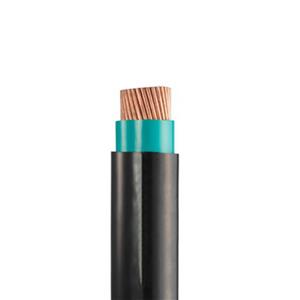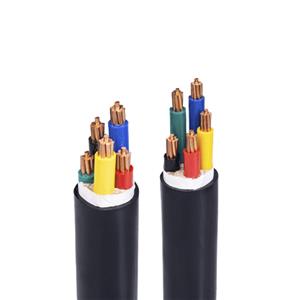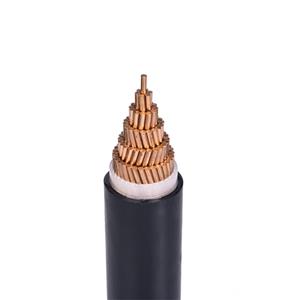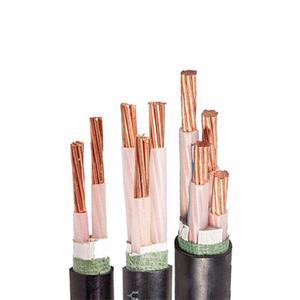What is the difference between YJV cable and VV cable?
Many customers have consulted us about the difference between YJV cable and VV cable. In fact, although YJV cable and VV cable are basically the same in function, their differences are also very obvious. Let's introduce the difference between the two in detail.
First of all, the insulation material is different. The insulation material used in YJV cable is cross-linked polyethylene, while VV cable uses polyvinyl chloride material. Because the insulation of YJV cable does not contain chlorine, it will not produce a large amount of chlorine gas when burned (chlorine is a toxic gas). Compared with the insulation materials of the two, cross-linked polyethylene insulation has stronger high temperature resistance, is more environmentally friendly, and has better performance than ordinary polyvinyl chloride.
Then the operating temperature is different. Conventional YJV cable allows a maximum operating temperature of 90°C, and the maximum temperature does not exceed 250 degrees Celsius during short circuit (within 5 seconds); conventional VV cable allows a maximum operating temperature of about 65°C, and the maximum temperature does not exceed 160 degrees Celsius during short circuit (within 5 seconds). The difference in maximum operating temperature determines that YJV has a higher current carrying capacity, and also determines that YJV cable is better than VV cable in overall performance.
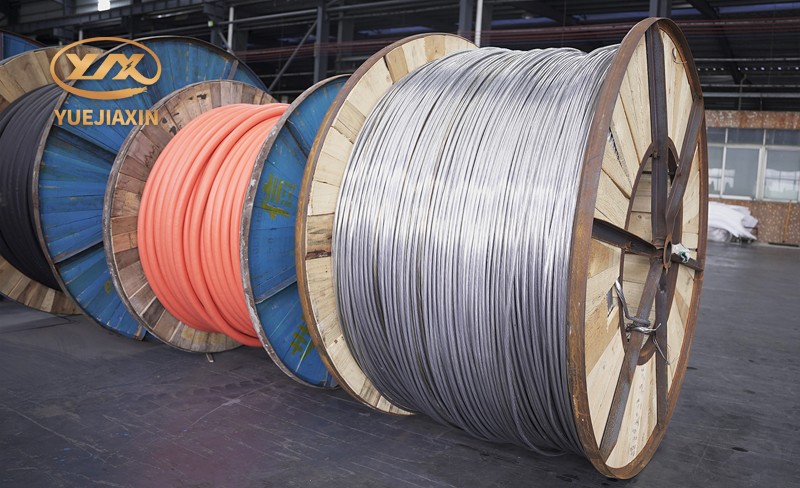
The working voltage range is also different. Under normal circumstances, the working voltage range of YJV cable is 6~500KV, while that of VV cable is 1~6KV. Therefore, VV cable is generally used in low-voltage environment, while YJV covers high, medium and low voltage environments. This is why the manufacturing process level of YJV cable is required to be higher.
Price and lifespan. For the same specifications and models, the price of YJV cable is slightly more expensive than that of VV cable. This may be the reason why VV cable is still alive. However, YJV has a longer service life, is more resistant to high temperatures, and is safer. From the long-term and safety factor point of view, it is more cost-effective to use YJV cable. YJV cable is recommended for residential projects, which is safer and more environmentally friendly. If the budget is really limited, you can choose to use VV cable in non-inhabited places and places where voltage and temperature are not required. In short, the general trend is that YJV cable gradually replaces VV cable. YJV is better than VV in the long run (long service life, etc.), but more expensive than VV. From the maximum allowable short circuit degree: YJV is 250 degrees, VV is 160 degrees and 140 degrees. From the technical and economic indicators, the three-core YJV cable has higher parameters than the VV cable.
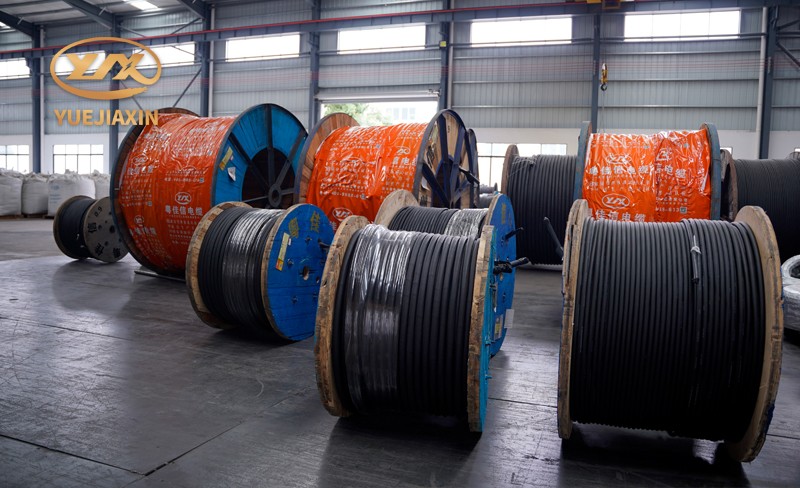
YJV is recommended for civil buildings, as it has a larger current carrying capacity than VV. More importantly, in case of electrical fire, since its insulating material does not contain chlorine, it will not produce toxic gas when burned. So VV has poorer environmental performance. VV has been basically replaced by YJV in civil, nuclear power and other fields, but VV is still widely used in many industrial enterprises because of its low price.
- PVC-Insulated Cable
- 450/750V BV Single- Core Cu/PVC Cable
- 450/750V BVR Single- Core Cu/PVC Cable
- 300/500V Or 450/750V RV Single-Core Cu/PVC Flexible Cable
- 300/500V Or 450/750V RVV Multi-Core Cu/PVC/PVC Flexible Black Cable
- 300/500V Or 450/750V RVV Multi-Core Cu/PVC/PVC Flexible White Cable
- 300/500V Or 450/750V RVVP Multi-Core Cu/PVC/CWS/PVC Screened Flexible Cable
- 450/750V KVV Multi-Core Cu/PVC/PVC Control Cable
- 450/750V KVV22 Multi-Core Cu/PVC/STA/PVC Armoured Control Cable
- 450/750V KVVP Multi-Core Cu/PVC/CWS/PVC Screened Control Cable
- 450/750V KVVP2-22 Multi-Core Cu/PVC/CTS/STA/PVC Screened Armoured Control Cable
- 0.6/1KV PVC-Insulated PVC-sheathed Single-Core Power Cable
- 0.6/1KV PVC-Insulated PVC-sheathed Multi-Core Power Cable

